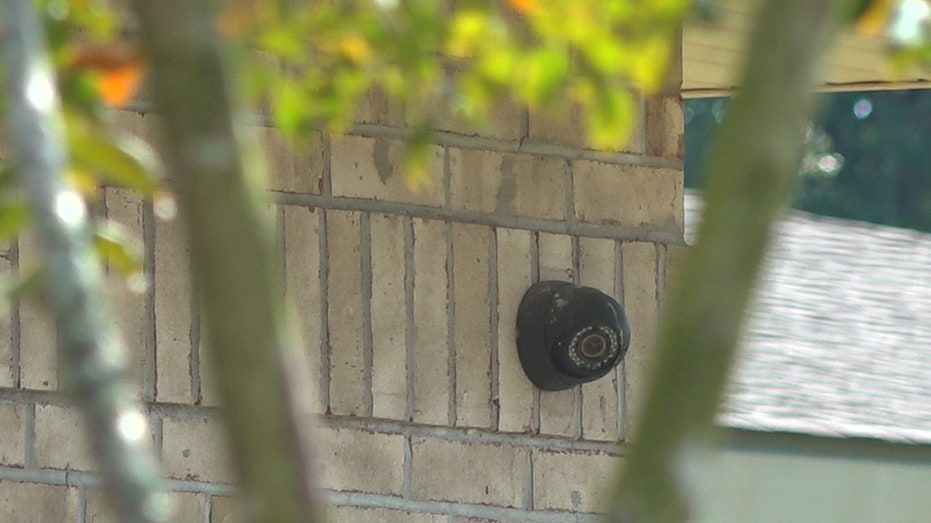Where Did All of Jared Kushner’s Investors Come From? Take a Guess
Jared Kushner’s investment firm, Affinity Partners, has invested nearly $1.2 billion since it was formed in 2021. Nearly all of that money has come from foreign sources, raising major ethical red flags. According to a filing with the Securities and Exchange Commission, 99 percent of Affinity’s investor funds have come from foreign sources, The New York Times reported Tuesday. Affinity, which is worth $3 billion, has received investments from Saudi Arabia, Qatar, and the United Arab Emirates, as well as corporate moguls like Terry Gou, who founded electronics giant Foxconn.These are all countries that Kushner worked with when his father-in-law, Donald Trump, was in the White House. Kushner served as Trump’s main envoy to the Middle East and was a key figure in brokering the Abraham Accords, which normalized relations between Israel and the UAE, and Israel and Bahrain.Kushner’s fund has invested in an Israeli car-leasing and financing company, an online real estate site based in Dubai, and an Abu Dhabi–supported fast food company that operates more than 1,000 restaurants in Brazil, the Times reported. Kushner announced two of his biggest deals yet last month: a $500 million hotel and condominium complex in Serbia and two luxury developments in Albania. Neither of these deals could have happened without Kushner’s time working in the Trump administration, where he met the president of Serbia and the prime minister of Albania, who were directly involved in each respective deal. During Trump’s presidential term, Kushner likely made hundreds of millions of dollars. Those earnings also were controversial, particularly due to his business deals with countries such as Saudi Arabia and Qatar while meeting with them in his White House capacity. Although Kushner specialized in the Middle East during Trump’s stint at the White House, he has come under fire for his stance on Palestine. Since Israel’s war in Gaza broke out, the Abraham Accords have been criticized for ignoring Palestinians. Recently, Kushner told a Harvard University audience that he thought Gaza’s beach coastline was “very valuable,” essentially advocating for Israel ethnic cleansing the land to develop it. If he continues in this vein, he might have to deal with more direct protests, like the ones that crashed his awards ceremony at an Anti-Defamation League event last month.

Jared Kushner’s investment firm, Affinity Partners, has invested nearly $1.2 billion since it was formed in 2021. Nearly all of that money has come from foreign sources, raising major ethical red flags.
According to a filing with the Securities and Exchange Commission, 99 percent of Affinity’s investor funds have come from foreign sources, The New York Times reported Tuesday.
Affinity, which is worth $3 billion, has received investments from Saudi Arabia, Qatar, and the United Arab Emirates, as well as corporate moguls like Terry Gou, who founded electronics giant Foxconn.
These are all countries that Kushner worked with when his father-in-law, Donald Trump, was in the White House. Kushner served as Trump’s main envoy to the Middle East and was a key figure in brokering the Abraham Accords, which normalized relations between Israel and the UAE, and Israel and Bahrain.
Kushner’s fund has invested in an Israeli car-leasing and financing company, an online real estate site based in Dubai, and an Abu Dhabi–supported fast food company that operates more than 1,000 restaurants in Brazil, the Times reported.
Kushner announced two of his biggest deals yet last month: a $500 million hotel and condominium complex in Serbia and two luxury developments in Albania. Neither of these deals could have happened without Kushner’s time working in the Trump administration, where he met the president of Serbia and the prime minister of Albania, who were directly involved in each respective deal.
During Trump’s presidential term, Kushner likely made hundreds of millions of dollars. Those earnings also were controversial, particularly due to his business deals with countries such as Saudi Arabia and Qatar while meeting with them in his White House capacity.
Although Kushner specialized in the Middle East during Trump’s stint at the White House, he has come under fire for his stance on Palestine. Since Israel’s war in Gaza broke out, the Abraham Accords have been criticized for ignoring Palestinians.
Recently, Kushner told a Harvard University audience that he thought Gaza’s beach coastline was “very valuable,” essentially advocating for Israel ethnic cleansing the land to develop it. If he continues in this vein, he might have to deal with more direct protests, like the ones that crashed his awards ceremony at an Anti-Defamation League event last month.


